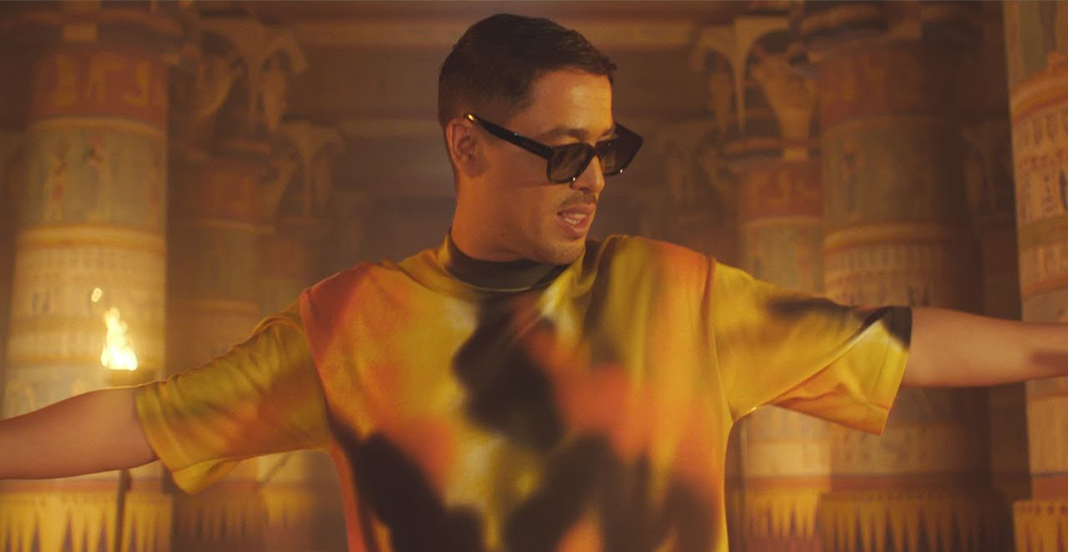How did auto-tune establish itself in French rap? Télérama dedicates an article to auto-tune in its weekly edition. A technical revolution enabling the correction of vocal imperfections, auto-tune has become a new instrument offering artists endless possibilities. But how did we get here?
How auto-tune took over French rap: The pioneers
Contrary to popular belief, Cher was the first to use auto-tune in the song “Believe.” For the first time, this technique, previously employed by Daft Punk and Kraftwerk, was used in Pop music. Later, in 2005, T-Pain used it to express his melancholy. However, it was Kanye West who popularized auto-tune systematically in the album “808s & Heartbreak” (2008). According to rapper Teki Latex, who expressed his views in Télérama, auto-tune represents “coldness and melancholy.”
The group PNL, which has mechanically used auto-tune since its beginnings, is also considered a pessimistic group and perhaps the best “illustration of the crisis affecting the youth.” Although Ademo and N.O.S. also talk about their lives “in the street,” their lyrics are much more fatalistic and realistic than those of their peers, as seen in tracks like “Luz de Luna” or “Mowgli 2.”
In France, Booba shocked the general public with the album “0.9”. Upon its release, the album, created under auto-tune, was strongly criticized by his fellow artists. Today, most rappers use auto-tune, and some have even embraced it wholeheartedly. The Duke later joked, “They criticized “0.9,” but they all bled auto-tune.”
How auto-tune took over French rap: The fans!
In 2014, Jul revealed the album “Dans ma Paranoïa”. Although the album, released under Musicast, was a total success, purists and traditionalists (such as IAM, etc.) viewed the use of auto-tune with disapproval. Akhénaton, when interviewed by Kombini, had a strongly opinionated stance on Jul.
Today, Jul is the French rapper with the highest record sales in history, surpassing IAM and MC Solaar. The French artist’s style has spread worldwide, reaching places like Spain and Sweden. The “Jul style” has become the hallmark of Marseille rap. Yet, even today, despite his fame, some purists like Alpha 5.20 still frown upon auto-tune.
Because although auto-tune has become widespread in rap today, it still has a bad reputation. A member of TTC confessed to Télérama: “The problem today is that we use it systematically. Imagine putting a xylophone in every song: after a while, we’d get a bit tired of it.”


